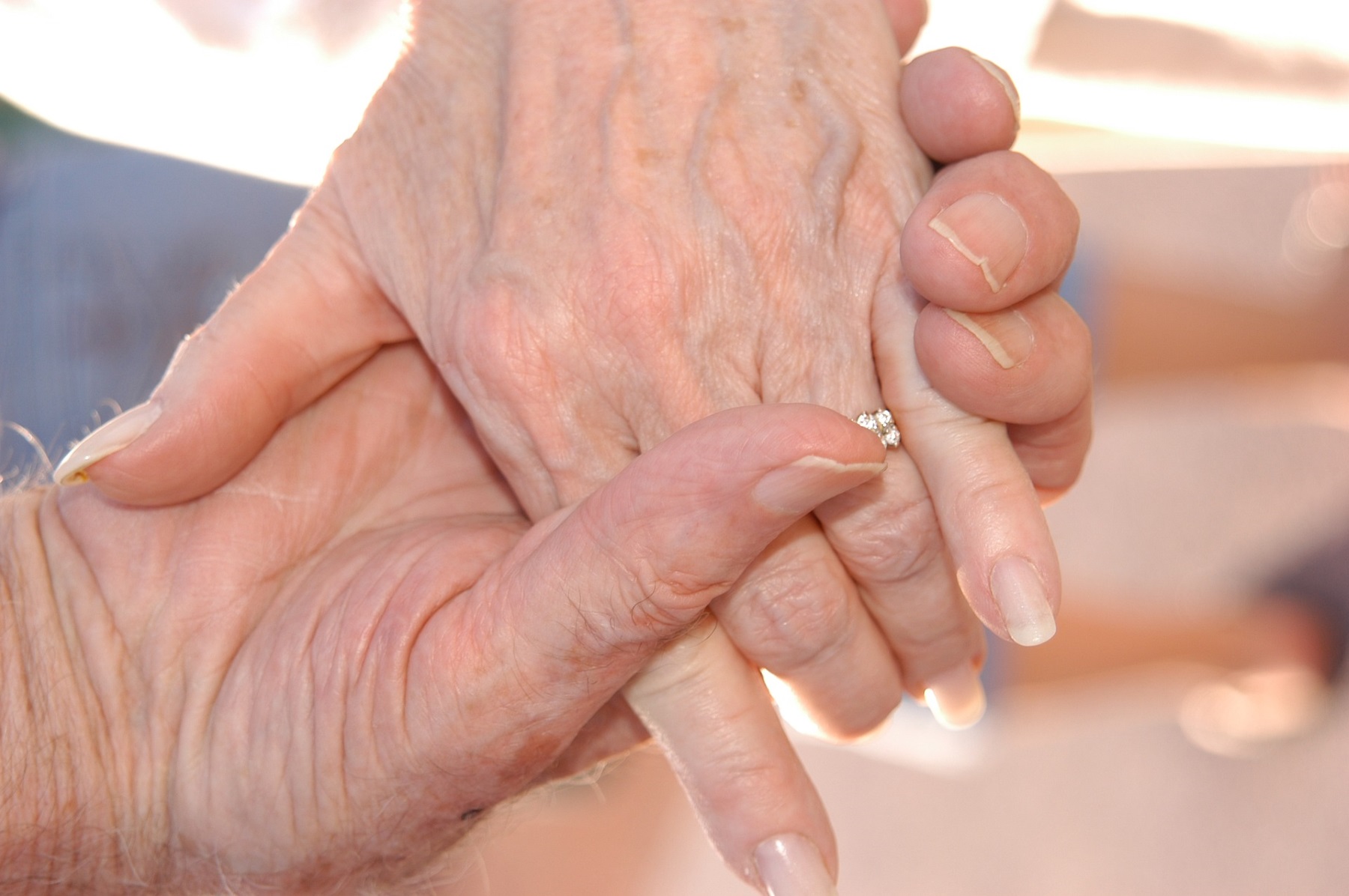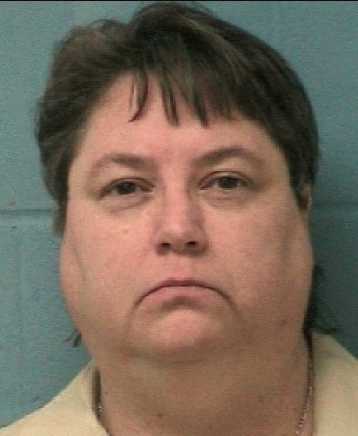Atlanta’s Population Is Aging Quickly, And That’s A Big Challenge

Atlanta Regional Commission data show that 10 percent of metro Atlanta’s population is already over the age of 60. By 2030, that figure is projected to double.
Pixabay Images
In the 1970s, ’80s and ’90s, a lot of people — mostly young people — moved to Atlanta to work. And they stayed.
So now, “It is one of the most quickly aging cities in the country,” according to Becky Kurtz, director of the Atlanta Area Agency on Aging, a part of the Atlanta Regional Commission.
Kurtz cites Atlanta Regional Commission data showing that 10 percent of the metro area’s population is already over the age of 60. By 2030, that figure is projected to double.
With an older population comes different needs.
Kurtz quickly ticks off a list: “Transportation to things other than just the workplace, more housing options that are accessible and affordable, and they’ll need different kinds of engagement opportunities.”
Transportation and affordable housing are already big on the city’s issue list. But what about that other piece: engagement?
Nancy Morrison and her husband have lived in Inman Park for 30 years. They have both recently retired. A few weeks ago, some friends visiting them from out of town headed to Inman Village, a new mixed-use development near the Morrisons’ home, for dinner.
“They went down there at 6:30, and at 10:30, they still weren’t home,” Morrison said. “They had spent two hours sitting in this plaza, just talking to people.” With the recent opening of a gelato store, Morrison says Inman Village is starting to become a community gathering place.
Morrison is paying attention because she is part of an effort in Inman Park to create a community that serves residents of all ages.
She and other members of Inman Park’s neighborhood association started talking about the concept some three years ago. They used information from the ARC’s Livable Centers Initiative and the AARP, and they researched other cities that were beginning similar programs. They also met with Atlanta’s planning director.
The group got a $10,000 grant through the city of Atlanta, and the neighborhood association added $5,000 to that. With it, Inman Park hired a consultant to determine the neighborhood’s assets and needs to become an “all ages” neighborhood.
Morrison says the consultant’s study revealed that Inman Park already has many of the pieces in place to serve a wide range of age groups. But she says the main thing her neighborhood is missing is “supportive housing options.” That is housing that is physically accessible and has services for older people.
Kurtz says that is a need in many parts of Atlanta. She admits meeting the needs of Atlanta’s aging population will cost money. But Kurtz says what is perhaps the most important need is a shift in perspective: “How we think about aging as a society. That is not going to cost anything but could have a profound impact in how we decide our priorities.”
Because, as Kurtz points out, if you’re living, you’re aging.
Atlanta voters are preparing to elect a new mayor and replace nearly half the City Council. In this moment of transition, WABE is exploring “The Future of Atlanta.”








